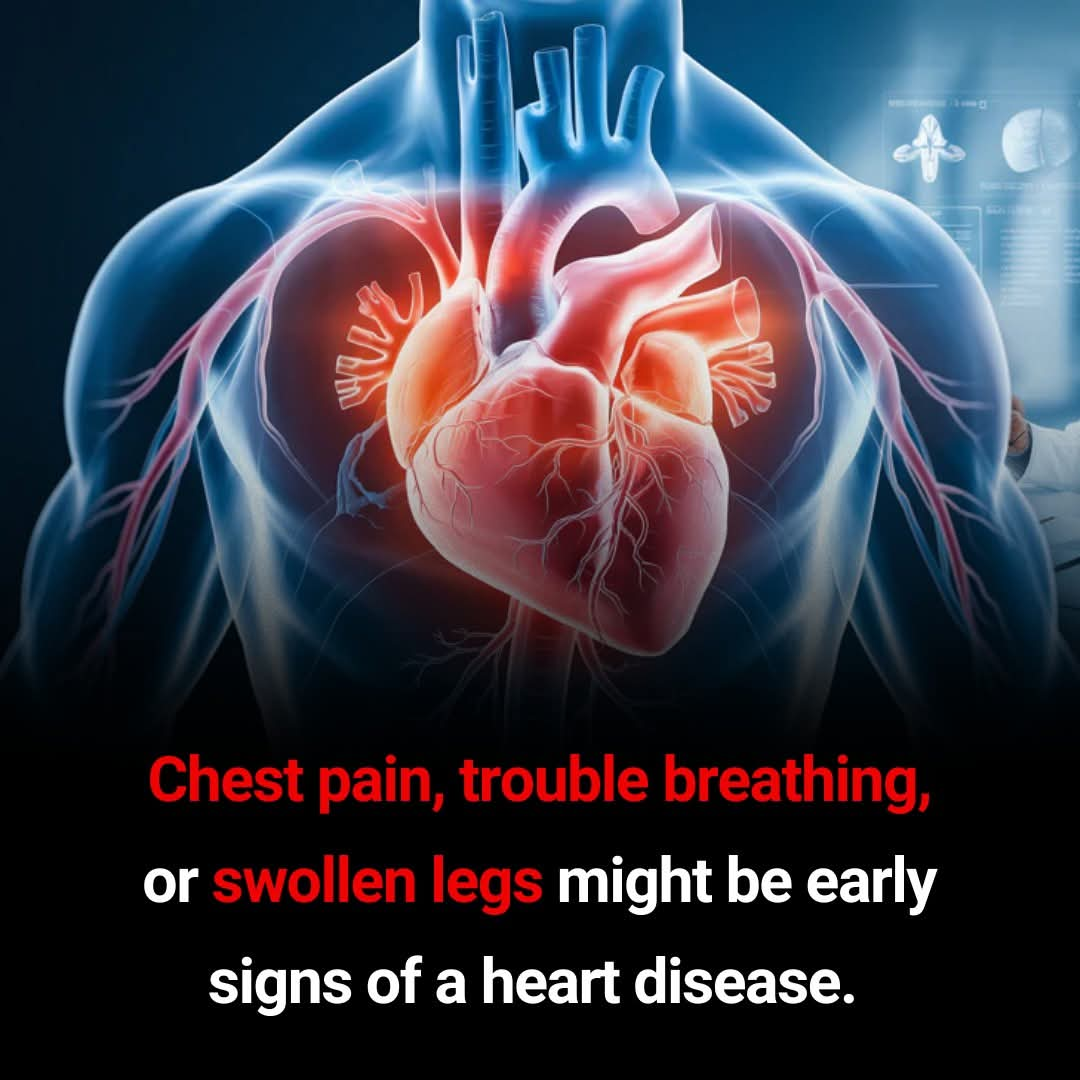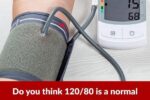Chest Pain, Trouble Breathing, or Swollen Legs? Don’t Ignore These Warning Signs!

It might just seem like a bad day or tired body, but what if those minor symptoms were early warnings of something far more serious? According to doctors, chest pain, shortness of breath, and swollen legs can be early signs of life-threatening conditions — and catching them early could save your life.
Why You Should Pay Attention
These symptoms are often dismissed or misdiagnosed, but they are closely linked to conditions like heart failure, pulmonary embolism, or deep vein thrombosis (DVT). If left unchecked, these can escalate quickly and lead to stroke, heart attack, or even sudden death.
1. Chest Pain: Not Always a Heart Attack, But Still Serious
- Sharp or dull pain in your chest could be related to the heart, lungs, or even blood vessels.
- Especially concerning if the pain spreads to your left arm, jaw, or back.
- Could be a sign of:
- Coronary artery disease (CAD)
- Angina
- Pulmonary embolism
Seek emergency help if the pain is persistent, worsens with activity, or feels like pressure/tightness.
2. Shortness of Breath (Dyspnea): Silent Red Flag
- Feeling winded even while resting or doing light activity?
- Lying flat causing breathing difficulty?
May indicate:
- Heart failure
- Asthma/COPD flare-up
- Blood clots in the lungs (pulmonary embolism)
- COVID-19 or pneumonia
If paired with chest discomfort or fatigue, it could be cardiac-related and requires urgent care.
3. Swollen Legs or Ankles: Fluid Retention or Something More?
- Swelling in the legs or feet can be a sign of poor circulation.
- Can result from congestive heart failure, kidney disease, or venous insufficiency.
- If one leg is more swollen or painful, it may be a blood clot (DVT) — which can travel to the lungs and be fatal.
When to Go to the Emergency Room
Call emergency services or go to the ER if you experience:
- Chest pain with sweating, nausea, or dizziness
- Sudden trouble breathing
- Rapid swelling in the legs or sharp leg pain
- Blue lips, cold extremities, or loss of consciousness
What Tests May Be Done?
Doctors may order:
- ECG or EKG for heart function
- Chest X-ray or CT scan
- Blood tests (e.g., D-dimer, cardiac enzymes)
- Ultrasound of the legs (to check for DVT)
- Echocardiogram for heart valve issues
FAQs
Q: Can these symptoms be caused by stress or anxiety?
Yes, but never assume. It’s crucial to rule out life-threatening issues first.
Q: How can I prevent these conditions?
- Maintain a healthy lifestyle
- Avoid smoking and excess alcohol
- Manage blood pressure, cholesterol, and diabetes
- Exercise regularly and avoid sitting for long hours
Q: What if symptoms come and go?
Intermittent symptoms can still signal something serious. Always consult a doctor.
Final Thought:
If your body is signaling distress, don’t silence it. Chest pain, trouble breathing, and swollen legs might not just be discomfort — they might be your body’s early cry for help. Timely action can make all the difference.






